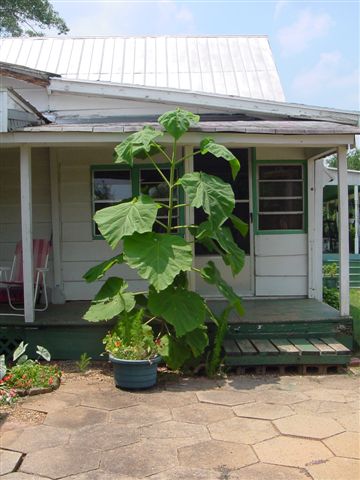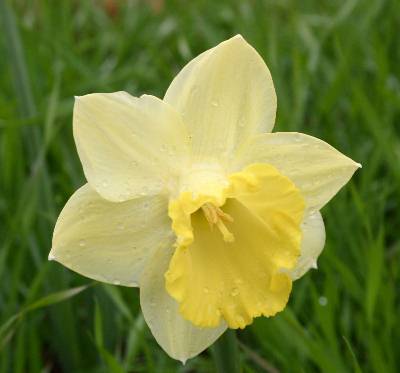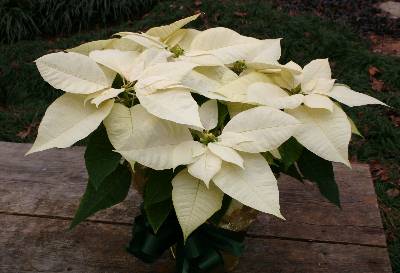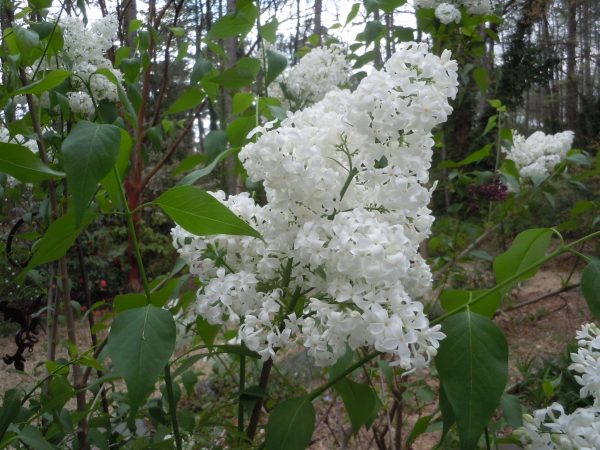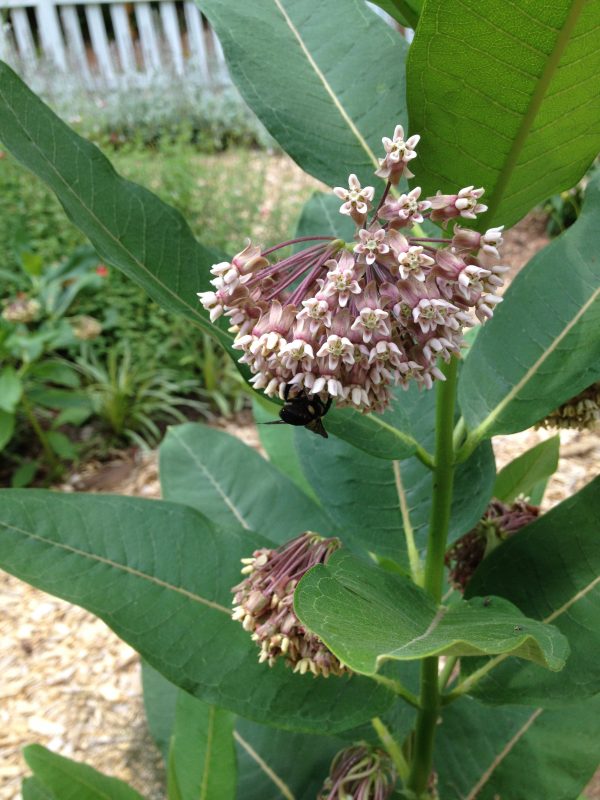Drought – Graywater Legal Issues
Gray Water – It’s a Gray Area
by Ben Emanuel
The Flagpole
Athens, GA
originally published October 17, 2007
http://flagpole.com/News/CityPages/GrayWater/2007-10-17
It’s in a time of severe drought that people start looking into fundamental ways to change water use habits, and Athens is no exception. Some changes may take a long time to come to fruition, but they at least get attention when conditions are bad. Besides simply conserving water, two long-term changes that homeowners can make are “xeriscaping” (landscaping with native, drought-tolerant plants) and making use of “gray water.” It’s gray water that’s been getting a decent bit of attention in official circles in Athens lately. Athens-Clarke County (ACC) Commissioners have been asking about it, for example: District 8 Commissioner Andy Herod has made a point to bring it up in multiple meetings recently, asking the ACC Manager’s office to look into its use, and District 9 Commissioner Kelly Girtz estimates that about 80 inter-Commission emails have been focused on the topic. Citizen interest seems high, too, and ACC Building Permits and Inspections Director Doug Hansford reports “a lot of questions about it recently” asked of his office.
What is gray water? Essentially, it’s previously-used water that doesn’t need to go directly to the wastewater treatment plant. Most legal definitions say it’s water that’s been used in showers and baths, washing machines, and bathroom sinks. Water that’s been used in kitchen sinks or in toilets need not apply. Still, according to figures pulled together by UGA’s River Basin Center in 2003, gray water can make up as much as 40 gallons per person per day of the wastewater from homes. For a family of four, annual water savings could be in the range of 30,000 to 50,000 gallons.
Despite the benefits, plumbing codes and public health codes have created red tape for gray water, and officials lack the information they need in order to encourage citizens to put it to use. Some gray water practices, like using a bucket in the shower to collect extra water, are easy to implement immediately around the house, no building required. Even so, more public information would be good: there are stormwater pollution concerns, for instance, if water that’s used on landscaping has soap in it.
The policy discussion of gray water, though, focuses on the building and permitting of plumbing systems to make use of it. The systems exist – and the plumbing codes exist to allow them – but neither Athens-Clarke nor the state of Georgia has adopted those codes.
“The idea of it is good. Actual implementation is a little more difficult,” says Ernest Earn of the Georgia Environmental Protection Division’s (EPD) Watershed Protection Branch. ACC Mayor Heidi Davison says, “I think all of us would like to see us be able to use it and would want to be able to encourage people to use it.” But, she says, “We don’t have the mechanisms in place.” Davison was in contact recently with Georgia EPD Director Carol Couch in pursuit of clarity on the public health concerns about gray water, and she expected to have more information soon. “It would be nice to know what building codes are available, what systems are available, and how those mesh with current state public health law,” Davison says.
As far as plumbing codes go, many in the know are quick to point out that it may be as simple as adopting “Appendix C” of the International Plumbing Code. The international code is the state-adopted code for Georgia, but without any appendices. Local governments are free to adopt appendices, but Paul Morgan of the RainHarvest Company in Snellville says he prefers the code adopted in California to the international one. “We don’t need to reinvent the wheel,” Morgan says. “We can go to California and see a great gray water code.” He says 13 states have some kind of gray water code on the books.
Morgan’s company has been in the rainwater harvesting business since 2000, and has been working more on gray water in the last 18 months or so at jobs all over Georgia. While being careful of the laws on the books, he’s installed systems to collect gray water in underground tanks – permitted somewhat like septic tanks, via county health departments – and use it for underground drip irrigation. Other gray water plumbing scenarios involve re-using it for toilets via purple PVC plumbing dedicated to gray water and separated from the rest of the plumbing in a building or house. According to Morgan, a system runs about $6500



